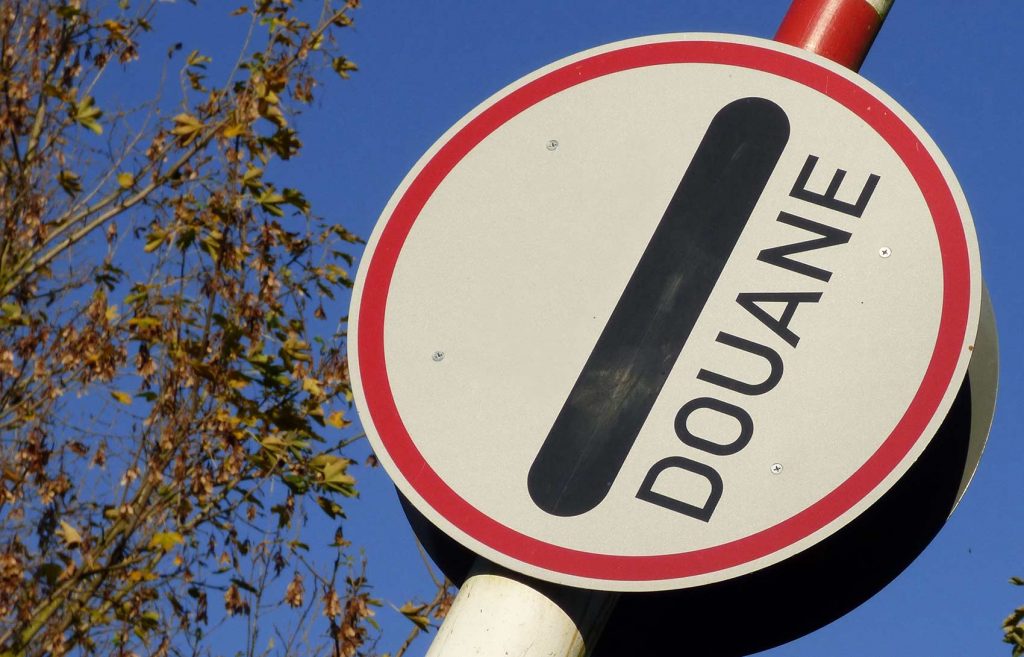As a company working with international talent, staying ahead of immigration policy changes is essential. The Dutch government is currently exploring significant changes to the Highly Skilled Migrant scheme, with a focus on improving oversight and ensuring alignment with the country’s economic priorities.
Here’s a breakdown of the proposed changes — and what they mean for your HR strategy.
Why these upcoming changes to the Highly Skilled Migrant scheme matter for you
The recognized sponsorship system has enabled thousands of companies to bring in global talent efficiently. However, the system has grown rapidly — and not always responsibly. The government now aims to:
- Prevent misuse by companies with limited or no real need for international hires.
- Ensure that recognized sponsors are financially stable and compliant.
- Focus the scheme on companies that truly contribute to the Dutch knowledge economy.
Key policy proposals
1. Higher salary thresholds
Employees <30 years
The government now proposes to raise the salary threshold for highly skilled migrants under the age of 30 to 1.1 times the average gross salary in the Netherlands, thereby narrowing the gap with the standard requirement. The rationale behind this change is:
- To avoid companies using the scheme for improper use.
- To ensure that all highly skilled migrants, regardless of age, make a meaningful contribution to the Dutch economy.
Another proposed change concerns the duration of eligibility for the lower salary threshold. Currently, this lower threshold applies indefinitely, as long as the highly skilled migrant under 30 remains with the same employer.
In addition, recent non-EU graduates can now be employed under an even lower salary threshold — also without a time limit. If the proposal is adopted, this will change as well: the lower threshold will only apply for a limited period.
This change could impact your recruitment strategy for junior international profiles.
Employees >30 years
Raising the salary threshold for employees over 30 is expected to help prevent misuse of the Highly Skilled Migrant scheme.
The plan is to increase this threshold to 1.3 times the average gross salary in the Netherlands.
2. Inactivity may lead to deregistration
If your organization hasn’t sponsored a highly skilled migrant in two years, your recognized sponsor status could be revoked. This means:
- You’ll need to reapply if you want to hire international talent again.
- It’s important to maintain regular use of the scheme if you want to retain your status.
3. Enhanced reliability screening
The IND will apply stricter checks on:
- Criminal records and past violations of labour and tax laws.
- Fines under employment-related legislation. This could affect your company’s eligibility if there are compliance issues in your HR or payroll practices.
4. Clearer financial health criteria
To become or remain a recognized sponsor, companies must demonstrate:
- Long-term financial continuity.
- Sufficient solvency and liquidity. This is especially relevant for startups and scale-ups — your business plan and financials will be scrutinized more closely.
5. New economic relevance test
A proposed new test will assess whether your company’s use of the highly skilled migrant scheme contributes to the Dutch economy. This includes:
- The migrant’s role in innovation, growth, or profitability.
- Whether the position is essential to your business model. This test may not apply to large, established companies, but smaller or newer firms will need to demonstrate added value.
Changes to the Dutch Highly Skilled Migrant scheme – what should you do now?
- Review your compliance: Ensure your HR and payroll systems are aligned with Dutch labour laws.
- Evaluate your sponsor activity: If you’ve only used the scheme occasionally, consider whether it’s worth maintaining your status.
- Prepare for stricter assessments: Especially if you’re a startup or SME, be ready to justify your need for international talent.
- Reassess salary offers: Monitor upcoming changes to salary thresholds and adjust your compensation packages accordingly.
- Stay informed: These changes are still under development, but early awareness gives you a strategic advantage.
More info
Curious about the Dutch immigration landscape? Or wondering how Anywr Netherlands can help your company smoothly relocate non-EU talent to the Netherlands?
We’d love to hear from you!
Drop us a message at info.nl@anywr-group.com — and we’ll get back to you within one business day.



